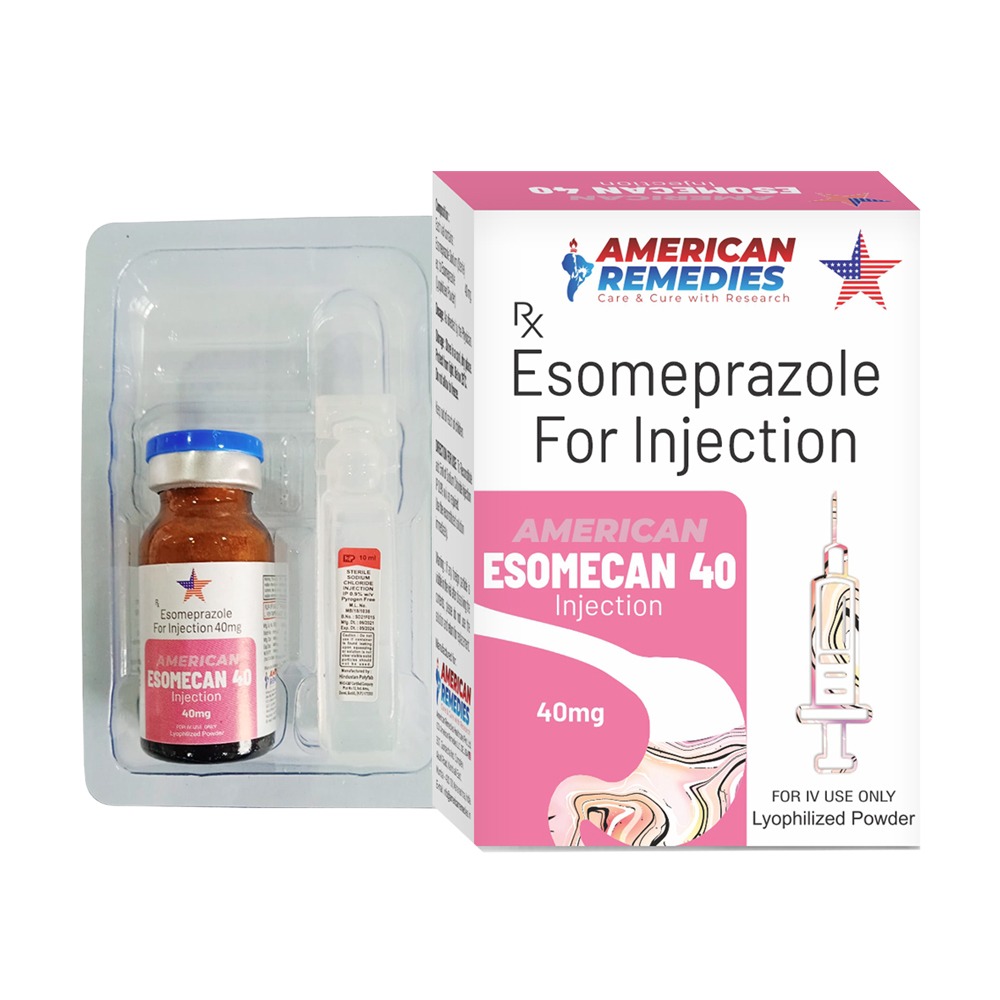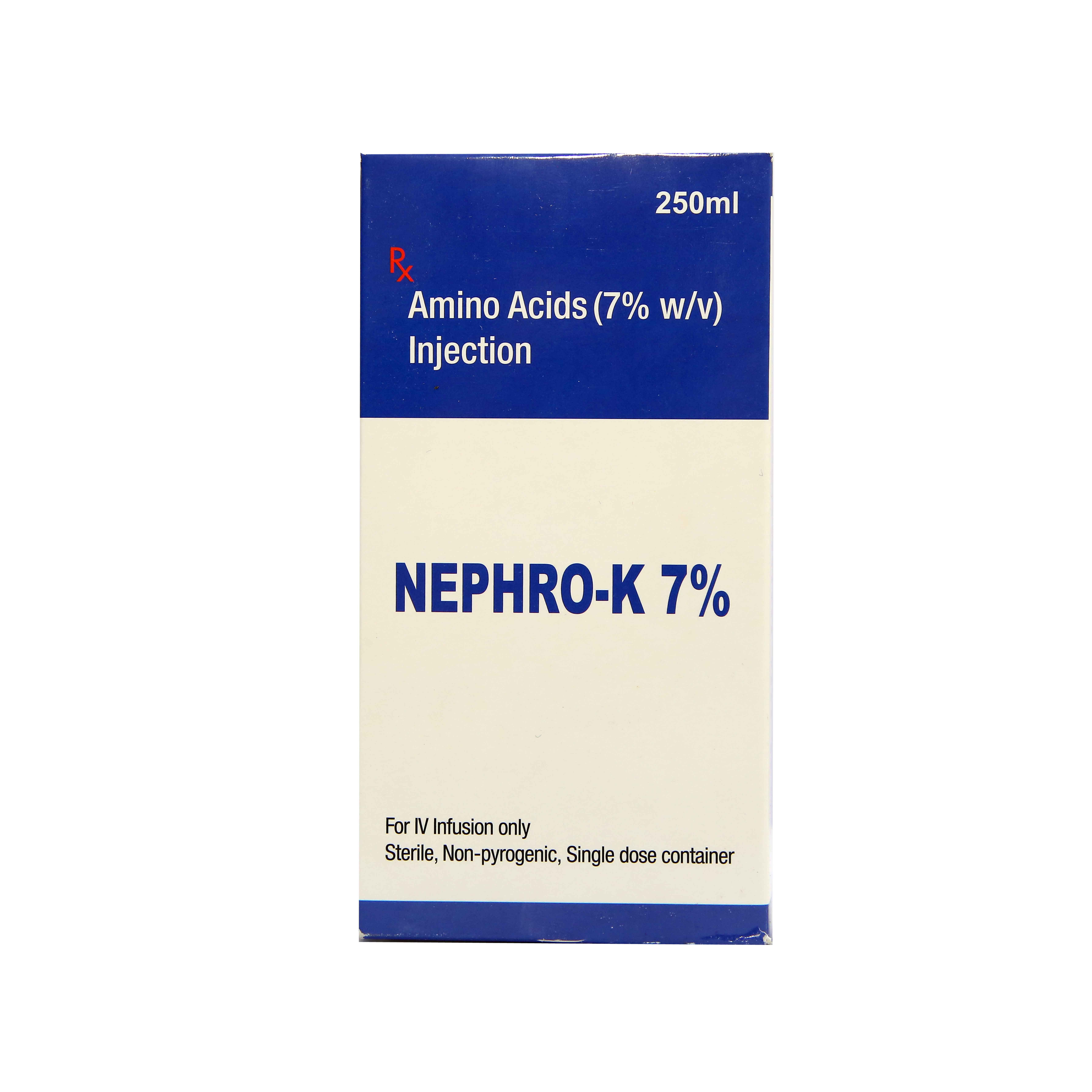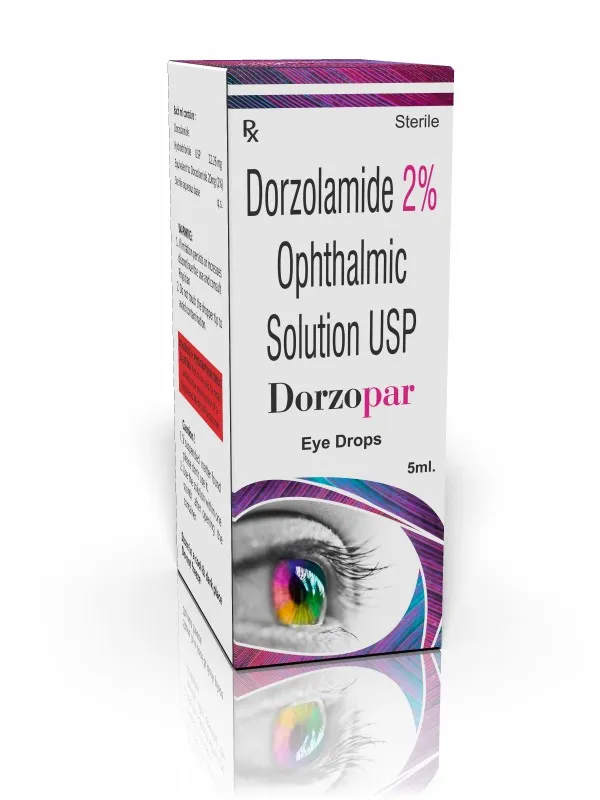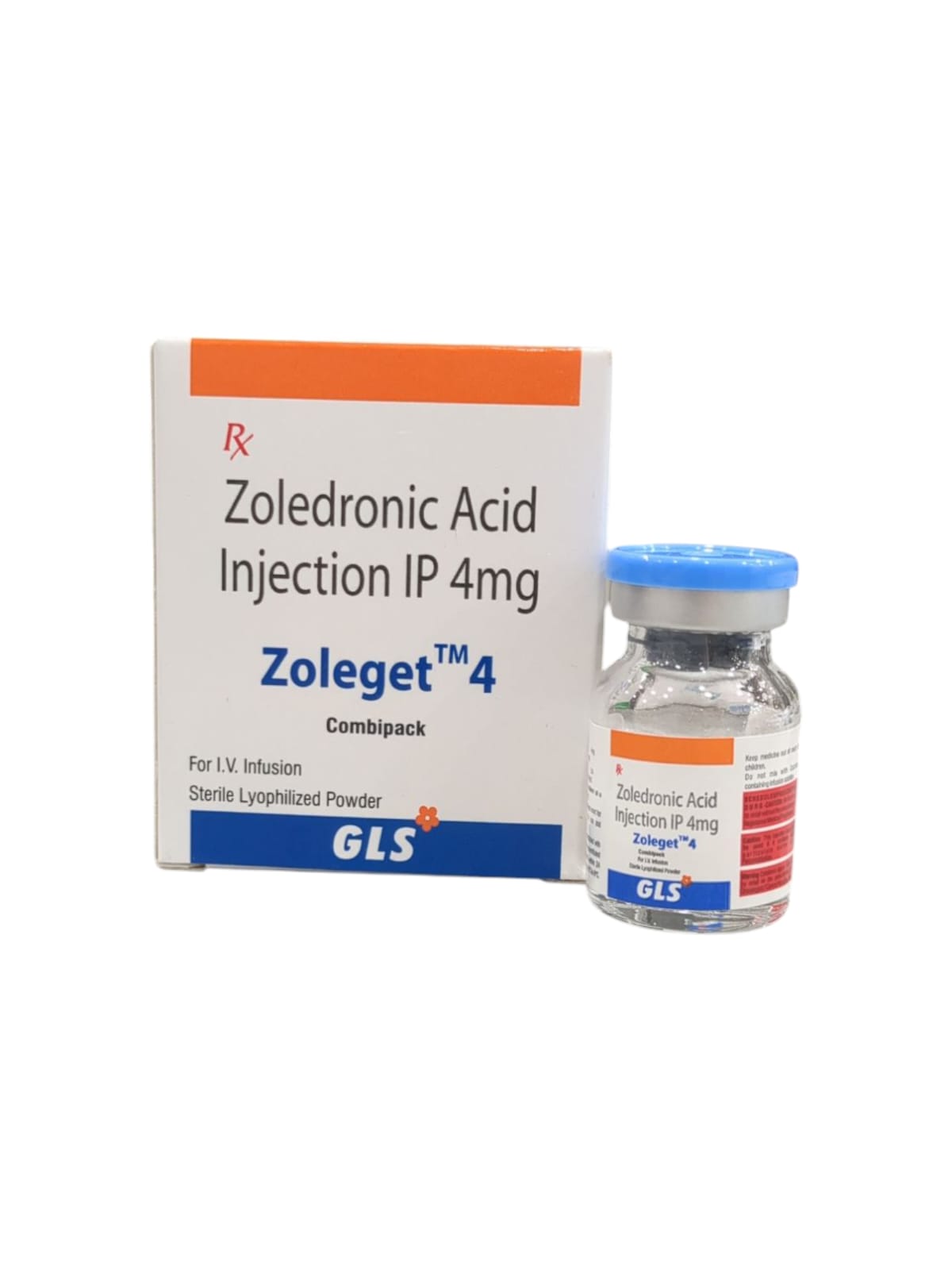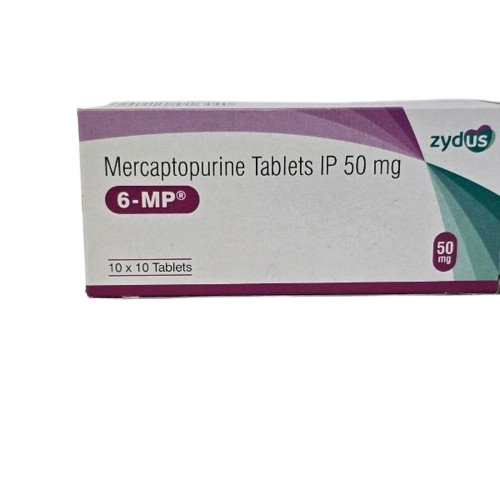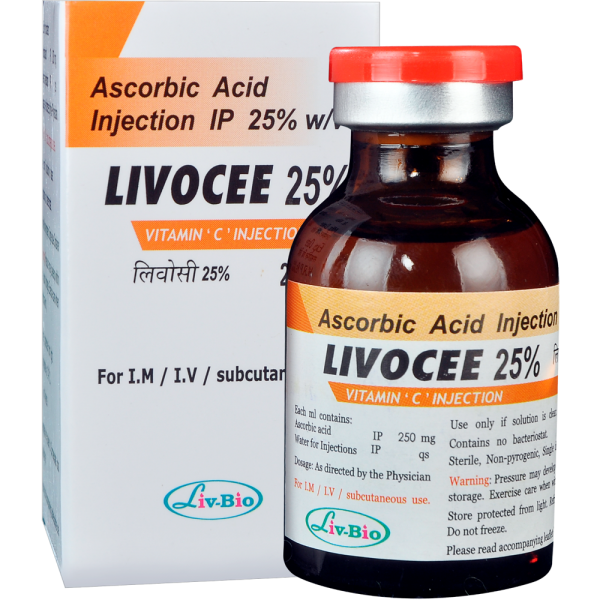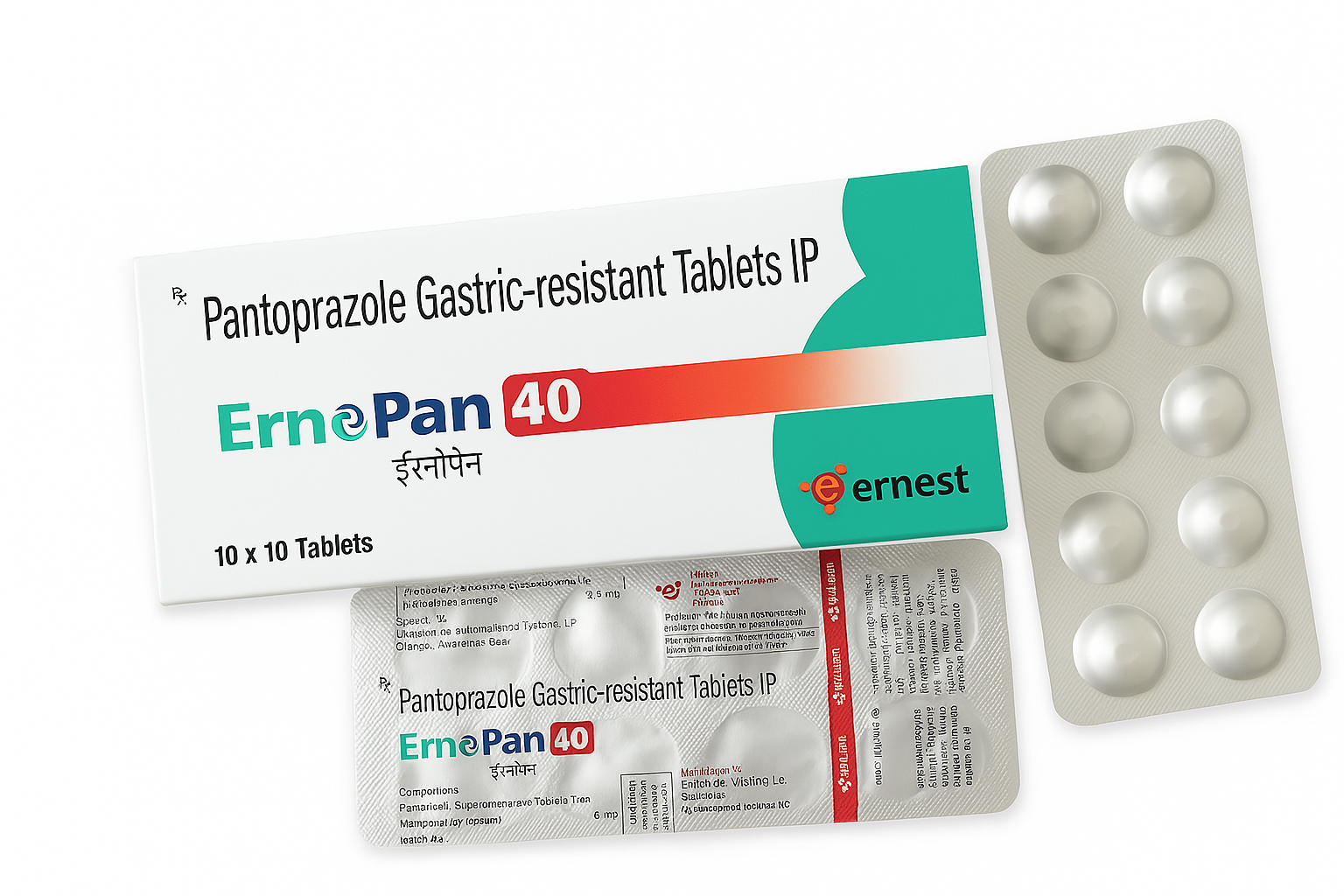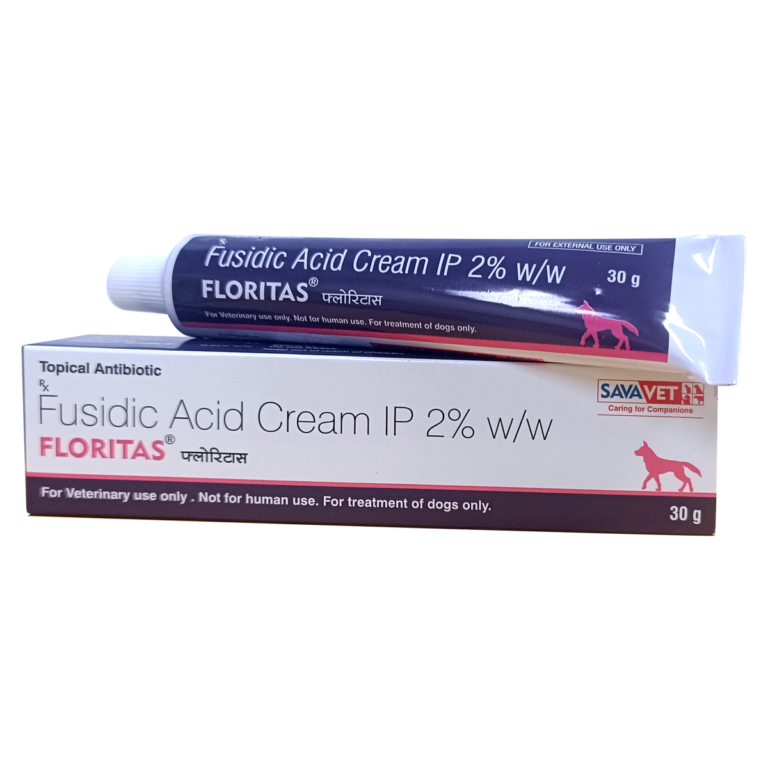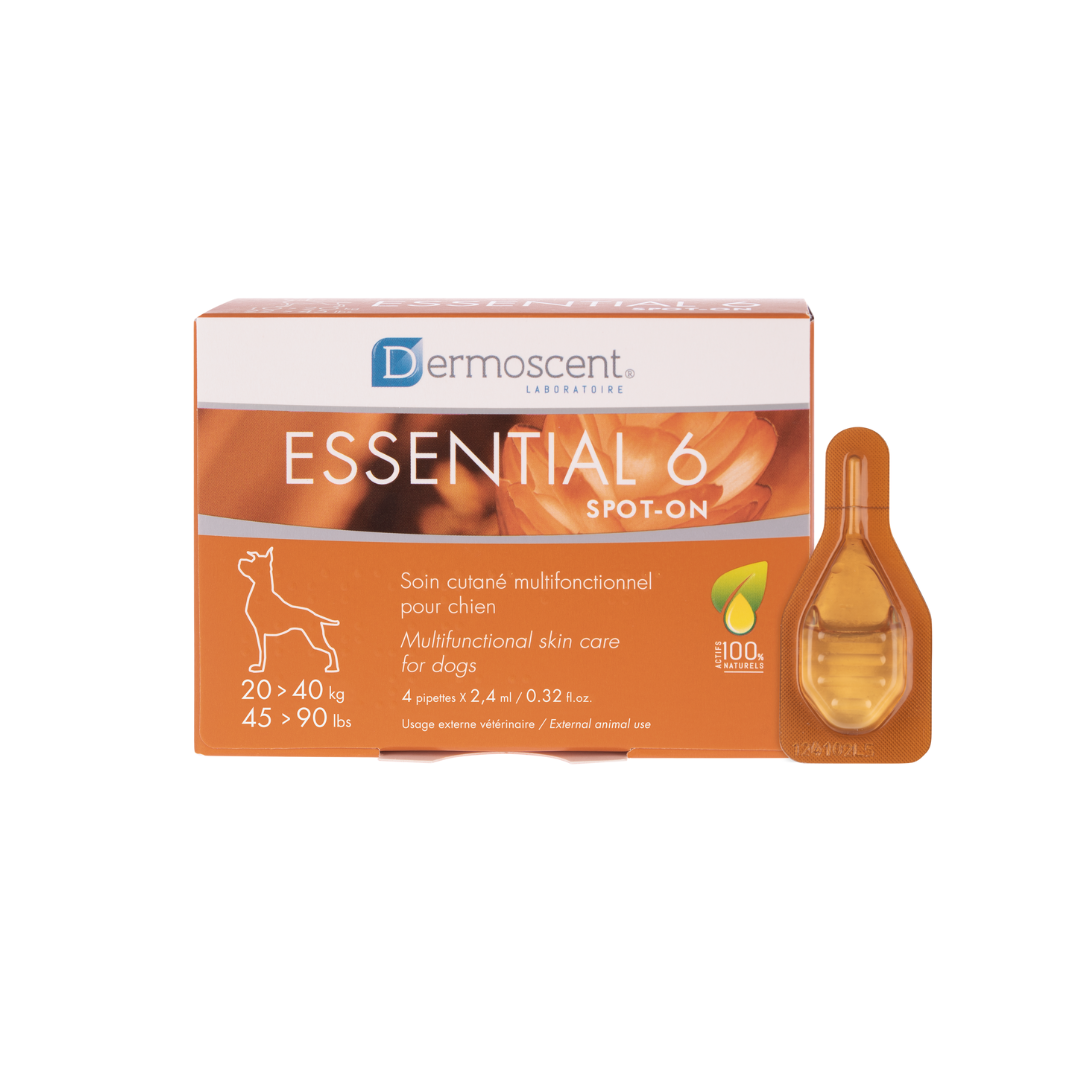Esomecan 40mg Injection is a medicine that reduces the amount of acid produced in your stomach. It is used for treating acid-related diseases of the stomach and intestine such as acid reflux and some other stomach conditions associated with excessive acid production. Esomecan 40mg Injection is also used to prevent stress ulcers in seriously ill patients and is administered before anesthetic medication to help prevent aspiration-related complications. It belongs to a class of medicines known as proton pump inhibitors (PPIs). This medicine is administered into a vein by a healthcare professional and will only be given to you if your doctor thinks that an injection is more suitable for you at the moment than a tablet. The dose will depend on your underlying condition and how you respond to the medicine. Additionally, your doctor will decide the duration of treatment. You can increase the efficiency of the treatment by eating smaller meals more often and avoiding caffeinated drinks (like tea and coffee), and spicy or fatty foods. The most common side effects observed with this medicine include injection site reactions, nausea, headache, dizziness, flatulence, diarrhea, stomach pain, and fundic gland polyps. These symptoms are generally mild but if they bother you or do not go away, consult your doctor. Talk to your doctor about ways to prevent bone loss (osteoporosis), like taking calcium and vitamin D supplements.
Send Message